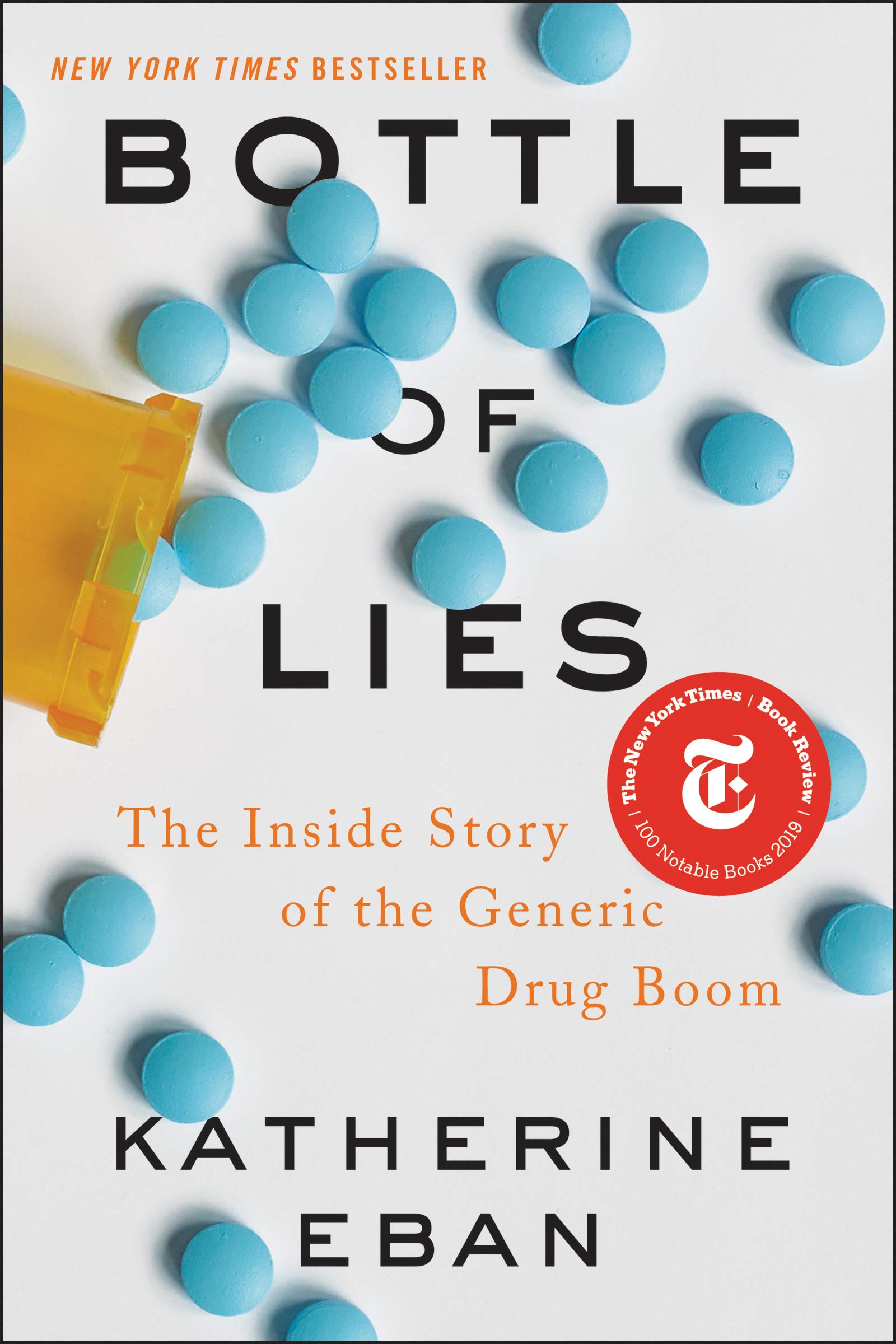Book Review: Bottle of Lies
Published:
Bottle of Lies is the product of Katherine Eban’s 10-years long investigation into the market for fake drugs. The book is a thrilling narrative that follows a whistleblower at an Indian pharmacuetical manufacturers who uncovers an illegal falsified drug operation. The scale of the fraud - and how long it took to stop it - is frightening and informative.

Here’s the paperback.
Utility: ⭐⭐ (2/5)
As a journalist, Eban’s primary intention is to tell a story. The case study at the heart of the story - Dinesh Thakur’s confrontation of Rambaxy - is interesting and exemplary. But, for someone looking to understand the broader picture, including how many drugs are falsified, where drugs are being sent, and how to stop it, the book is lacking.
Writing: ⭐⭐⭐⭐ (4/5)
The story was very well-written. It was well-paced throughout and artfully built suspense. I was particularly attracted by how intimate the story was: Eban captured both the personal and professional lives of Dinesh, letting the reader empathize with his perspective.
Notes
- Generic manufacturers, particularly in India, are pushed towards the lowest prices. They can resort to manufacturing falsified and substandard drugs, forging raudulent reports and running undercover operations.
- The FDA’s Indian counterpart, Central Drugs Standard Control Organisation (CDSCO), was toothless in fighting Rambaxy. A big factor is collusion and corruption.
- It took years of efforts to push the FDA to prosecute Rambaxy, resulting in a record fine and whistleblower payout. Internal politics made change difficult.
- While Western manufacturers do have self-interested incentives to demonize foreign generics manufacturers, their accusations are often well-founded.
